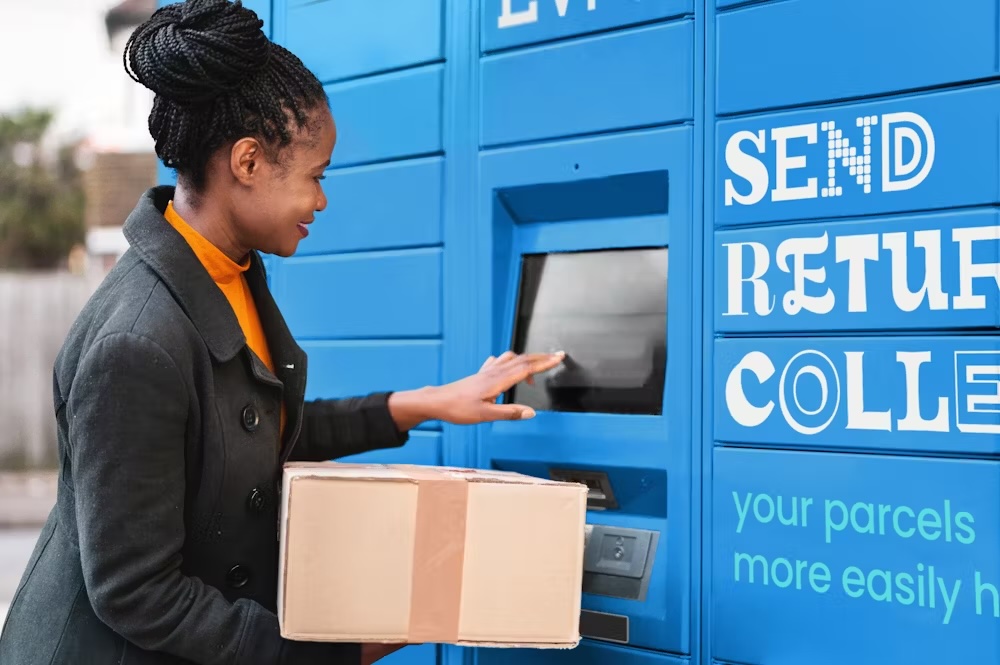Following the collapse of its proposed £13bn merger with Asdalast week, Sainsbury’ woes continue as it logged a troubling 41.6% fall in pre-tax profits, dropping to £239 million – £46 million of which was spent on the failed merger.
The costs of the aborted merger formed part of a whopping £396 million of one of charges that dragged down the supermarket chain, which is also seeing declining sales as it gets squeezed between cut-price rivals Aldi and Lidl and high end shops such as Waitrose.
Stripping out these one off costs, the chain logged a year-on-year rise in profit of 7.8%, driven by what the retailer describes as a “solid food performance”, along with a £160 million in savings and efficiencies brought about by its continuing integration of Argos.
The retailer says that like-for-like sales fell by 0.9% in the final quarter of the financial year – the second consecutive quarter of decline – with sales slipping by 0.2% for the full year. Grocery sales edged higher overall as prices grew, but the volume of food and drink sold decreased. Meanwhile, general merchandise was flat and clothing sales declined.
On a more positive front, the retailer is investing in accelerating investment in its store estate and technology, while reducing net debt and maintaining its dividend policy. Part of this sees an investment to improve more than 400 supermarkets this year alone.
This is thought to entail rolling out some or all of the developments seen in Sainsbury’s Selly Oak “experimental” superstore concept, which features a food court, an Oasis concession – four more of which have been opened at other stores since – a revamped beauty and fragrance section and Habitat and Argos stores. It could also involve taking forward the cashier-less trial seen at the chain’s Holborn Circus branch in London.
Chief executive Mike Coupe says: “We completed the integration of Argos that we set out in 2016, delivering £160 million in synergies ahead of schedule. We completed a major transformation of how we run Sainsbury’s stores and have made significant improvements to store standards in recent months, which remain a focus. Customers continue to rate us top for quality food and we are growing our premium ranges. We are also focused on reducing costs so that we can invest to make commodity products better value for our customers.
Coupe continues: “We will increase and accelerate investment in the core business, investing to improve over 400 supermarkets this year. £4.7 billion of our revenue now comes from our online businesses and we are increasing investment in technology to make shopping across Sainsbury’s, Argos and Sainsbury’s Bank as quick and convenient as possible. We will also continue to strengthen our balance sheet and are making a new commitment to reduce net debt by at least £600 million over the next three years.”
Coupe, however, denied that the failure of his plan to merger with Asda would see him removed from his post, saying he would not quit and was committed to the business and that he had the support of the board and shareholders.
Coupe, who was caught on camera singing “we’re in the money” after the Asda deal was first announced a year ago, told reporters: “I’ll still be talking to you in months and years in the future”.
Commenting on the results, Catherine Shuttleworth at Savvy, says: “Sainsbury’s trading has been less impressive than they would like but profits are positive. The proposed merger with Asda clearly a major strategic distraction. With the deal now off the table, Sainsbury’s needs set a bold strategic agenda. It’s encouraging to see planned investment in the store estate, with 400 stores set to get a facelift. With two percent increase in sales in Taste The Difference we also believe Sainsbury’s should focus on supercharging own label development to strengthen further its quality perceptions – Tesco has made strong developments in own label over the last two years and like all of the grocers, Sainsbury’s faces increasing competition from Aldi and Lidl top tier brands. Investments in areas of growing interest to the shopper like plant-based ranges should also be high up on their agenda focussing on customer needs.”
She continues: “We also expect Sainsbury’s has further Argos potential to realise through innovation. And as they look to Christmas 2019, they need to deliver a strong message on toys and gifting – this is where the Argos deal could truly differentiate them.”
“Additionally,” adds Shuttleworth, “we see consistently through our shopper research panel that London shoppers are considerably more willing to try new technology. With its London bias, Sainsbury’s is well placed to pioneer in using technology to improve the customer experience so it will be interesting to see how its checkout free store trial evolves. With this strong convenience business platform, Sainsburys has a strategic opportunity to really develop a future proof strategy for metropolitan shoppers.”








